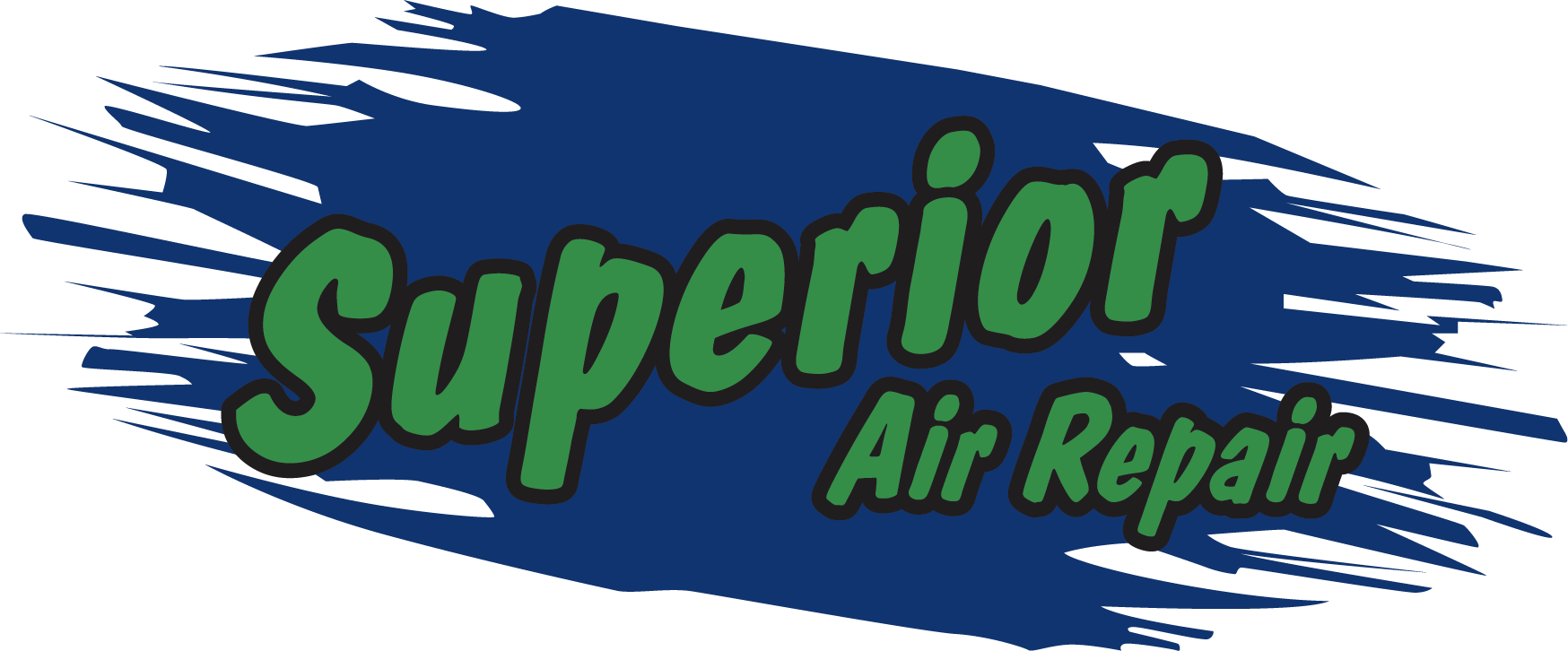Purchasing your first home is an exhilarating experience. You’re likely trying to keep track of numerous details to ensure you’re making the right choice. We believe that understanding your potential new HVAC system is essential. The property’s HVAC system represents a significant investment and potential source of long-term costs, so being thorough is important for first-time homebuyers.
In the following guide, we’ll outline seven tips for learning everything you can about a home’s heating and cooling system. And if you want a deeper opinion from the experts, feel free to call Superior Air Repair. Our staff can weigh in on your options with industry insights that are second to none.
1. Which Kind of HVAC System Does the Home Use?
Start by determining what specific HVAC system the home has. Furnaces generally last longer compared to air conditioners, and newer types of HVAC products like heat pumps boast average life spans longer than ever. Knowing the make and specific model gives you a clear idea of how much it might cost in upkeep over time.
2. How Old Is the Current HVAC System?
It’s just as smart to learn how old the HVAC system is when you’re looking at a potential new home. On average, HVAC systems tend to run for about 10-12 years. Learning its approximate installation date helps you prepare for any needed servicing or when it might break down. Older systems may be more vulnerable to problems, so fiscal planning for a replacement unit could be necessary sooner than you thought.
3. Is the Warranty Still in Effect?
Don’t forget to look into whether the HVAC system is still under warranty. If it is, this can assist with maintenance costs. HVAC warranties often cover parts and labor, but the details in each policy will vary. Don’t forget to look into any terms that aren’t familiar to ensure you understand your coverage and the likelihood of out-of-pocket costs.
4. Has the System Ever Been Professionally Serviced or Maintained?
Don’t forget to check the maintenance history of the HVAC system, if the records are available. This kind of information can demonstrate if the system constantly broke down or how much upkeep was provided. Ask about records for key tasks such as changing the air filter, which can indicate it received regularly scheduled tune-ups.
5. Do You Know Its Energy Efficiency Ratings?
Finding a home that features an HVAC system with high energy efficiency can lead to smaller utility bills and less of an impact on the environment. Look for the seasonal energy efficiency ratio (SEER) ratings for air conditioning along with the annual fuel utilization efficiency (AFUE) for furnaces. Higher SEER ratings mean better cooling across the entire season, while high AFUE ratings illustrate that the fuel is efficiently converted into useable heat.
6. Can You Spot Trouble After Completing an Informal Inspection?
Even if you don’t have heating and cooling expertise, you should still examine the HVAC system yourself. Look for signs of problems that might have been overlooked. This can mean bizarre noises, stubborn patches of the house that are too hot or cold and attempts at concealing any serious damage.
7. Is an Experienced HVAC Technician Available to Help?
If you’re not quite sure about the overall state of the HVAC system, it’s beneficial to get a professional opinion from certified HVAC professionals. They are skilled at identifying things you might not, like leaks in the refrigerant, bad electrical connections or flawed ductwork.
A Call with Superior Air Repair Simplifies Your Home-Buying Journey
Selecting your first home should be thrilling, and Superior Air Repair can ensure it stays that way. Reach out with us at 979-200-6326. We can talk about how our HVAC services give you peace of mind, giving you what you need to dive into home-ownership with confidence.



